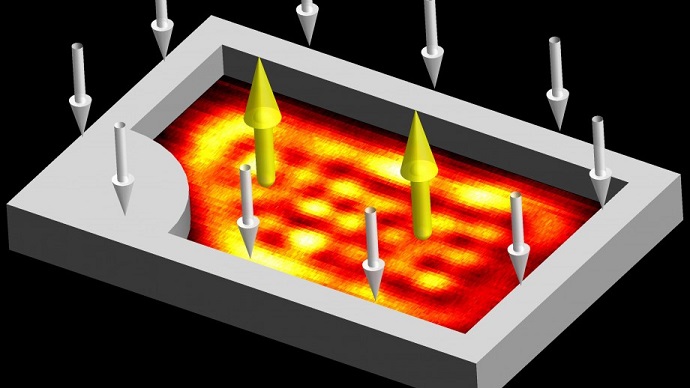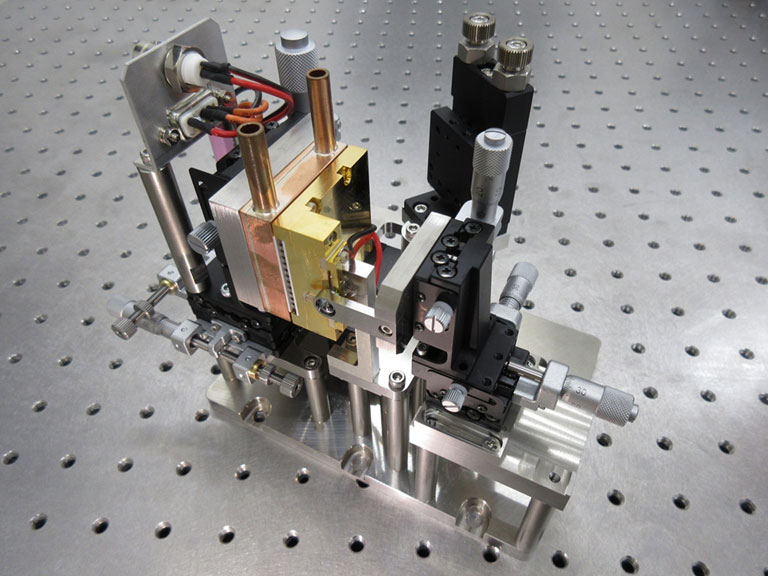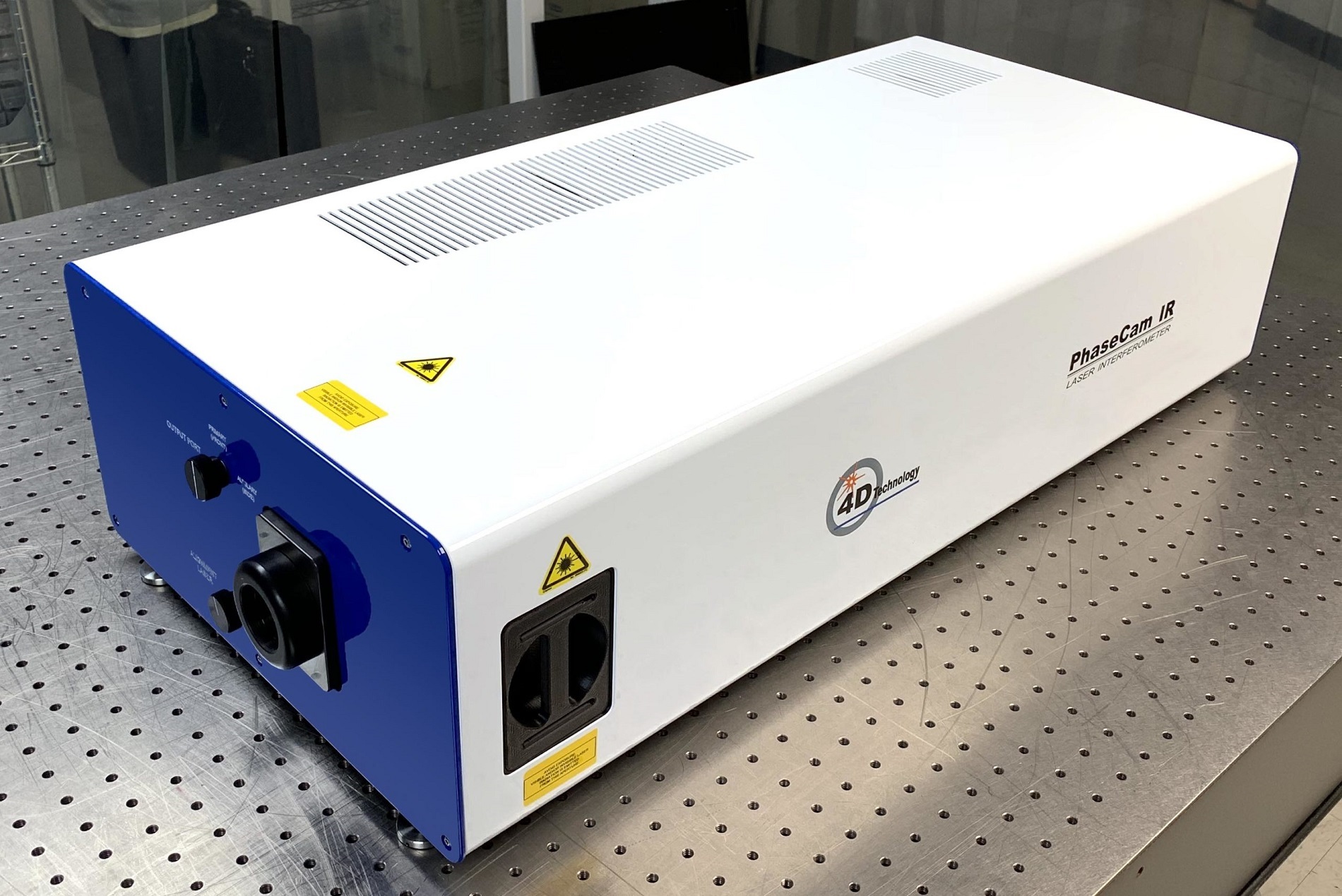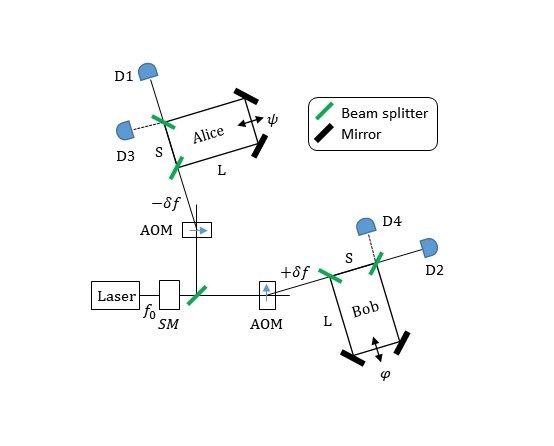13 OCTOBER 2015
An international team of physicists has created a quantum billiards game to gain new insights into the fundamental physics of exceptional points.
Researchers from ANU, Japan, Singapore and Germany, have for the first time demonstrated exceptional points in a large-scale quantum system using a Bose-Einstein condensate of exciton-polaritons.
The research opens a new direction in exciton-polariton physics and could lead to the discovery of new operating principles for future polariton-based electronics.
"Exceptional points signify interesting and counter-intuitive phenomena, such as unexpected transparency of opaque materials, unidirectional propagation of light, or lasers that shut down when you pump them harder," said team leader Dr Elena Ostrovskaya, from the ANU Research School of Physics and Engineering.
An exceptional point happens when two different states of a physical system coalesce into one. They have been predicted for quantum systems, but so far observed only with classical optical waves or microwaves.
Exciton-polaritons are hybrids of light and matter. Massive numbers of exciton-polaritons can behave in unison forming a giant quantum matter wave -- a Bose-Einstein condensate.
By shining laser light into a piece of semiconductor, the research team made a billiard game measuring approximately 10 micrometers across.
They discovered that exciton-polaritons, used in this billiard game instead of billiard balls, exhibit abundant exceptional points in their spectrum.
The team used a quirky property of exceptional points in order to detect them. By going in a loop around the exceptional point in the parameter plane, you can never return to the same quantum state you started from. A second loop will then flip the state upside down.
This feature is called a topological Berry phase, and is exclusive to systems with exceptional points.
The research is published in Nature.















